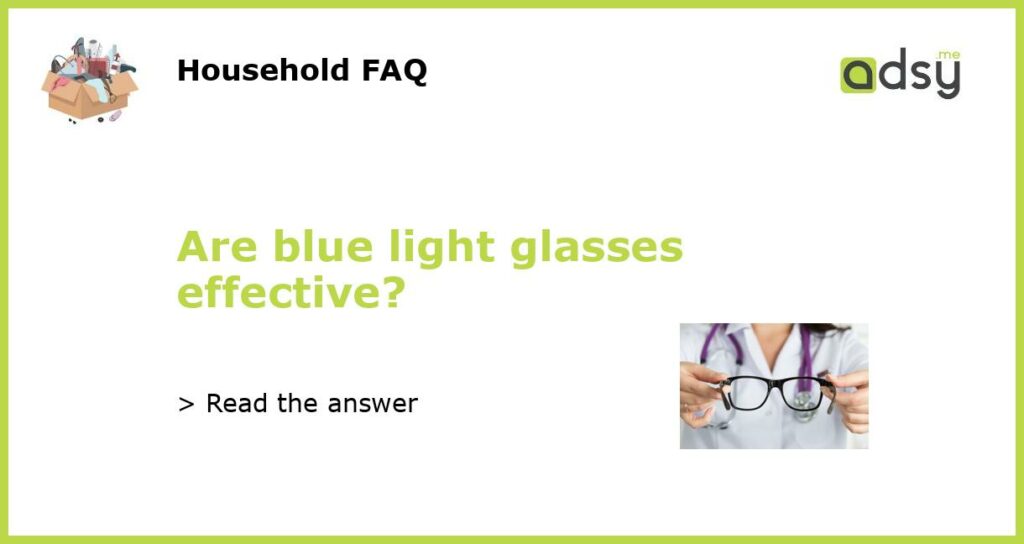What are blue light glasses?
Blue light glasses have become increasingly popular in recent years as more people spend long hours in front of digital screens. These glasses are specially designed to block or filter out the blue light emitted from electronic devices such as smartphones, tablets, and computer screens.
How do blue light glasses work?
Blue light glasses work by reducing the amount of blue light that reaches your eyes. Blue light is part of the visible light spectrum and has a short wavelength and high energy. It is also emitted by the sun and is present in fluorescent and LED lights.
Excessive exposure to blue light, especially in the evening and night, can disrupt the production of melatonin, a hormone that regulates sleep. It can also cause eye strain, digital eye strain, and other vision-related problems.
Blue light glasses have special lenses that are designed to block or filter out blue light. These lenses can either have a blue light coating or be made with a special blue light filtering technology.
Are blue light glasses effective?
There is still ongoing debate about the effectiveness of blue light glasses in reducing the negative effects of blue light exposure. Some studies suggest that blue light glasses can help alleviate the symptoms of digital eye strain, improve sleep patterns, and increase visual comfort.
A study published in the Journal of Adolescent Health found that wearing blue light glasses in the evening helped reduce the negative impact of evening electronic use on sleep in teenagers. Another study published in the journal Ophthalmic & Physiological Optics showed that blue light filter lenses improved visual performance and reduced symptoms of eye strain in individuals working on computers.
However, other studies have found little to no significant benefits of blue light glasses. A study published in the journal Optometry and Vision Science found no significant difference in sleep quality or objective sleep parameters when participants wore blue light filtering glasses compared to clear glasses.
Who should consider using blue light glasses?
While more research is needed to fully understand the effectiveness of blue light glasses, they may be beneficial for certain individuals who spend long hours in front of digital screens.
People who work from home or spend significant time on computers, smartphones, or tablets may consider using blue light glasses to reduce eye strain and visual discomfort. Individuals who have trouble falling asleep or experience disrupted sleep patterns due to excessive screen time may also find blue light glasses helpful.
In conclusion, blue light glasses are designed to reduce the negative effects of blue light exposure from digital devices. While there is still ongoing debate about their effectiveness, some studies suggest that they can provide benefits such as alleviating digital eye strain and improving sleep patterns. However, more research is needed to fully understand their impact. Individuals who spend long hours in front of screens may consider using blue light glasses to potentially reduce eye strain and improve visual comfort.






